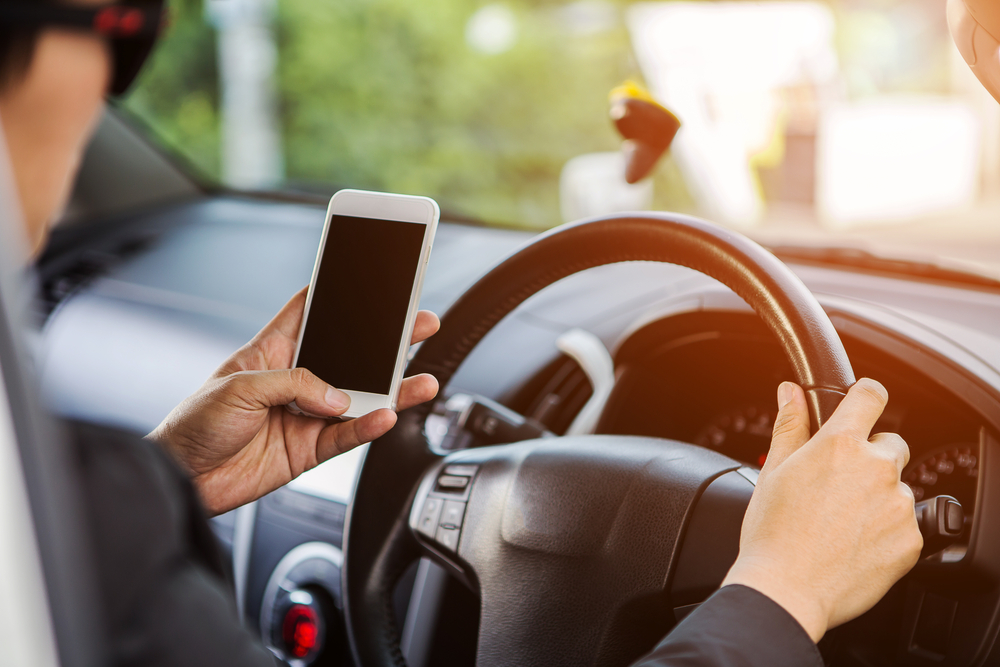
In Western Australia, there are new and harsher penalties in place to reflect the expected community standards for driving whilst using a mobile phone.
Using your mobile phone while driving: what are the risks?
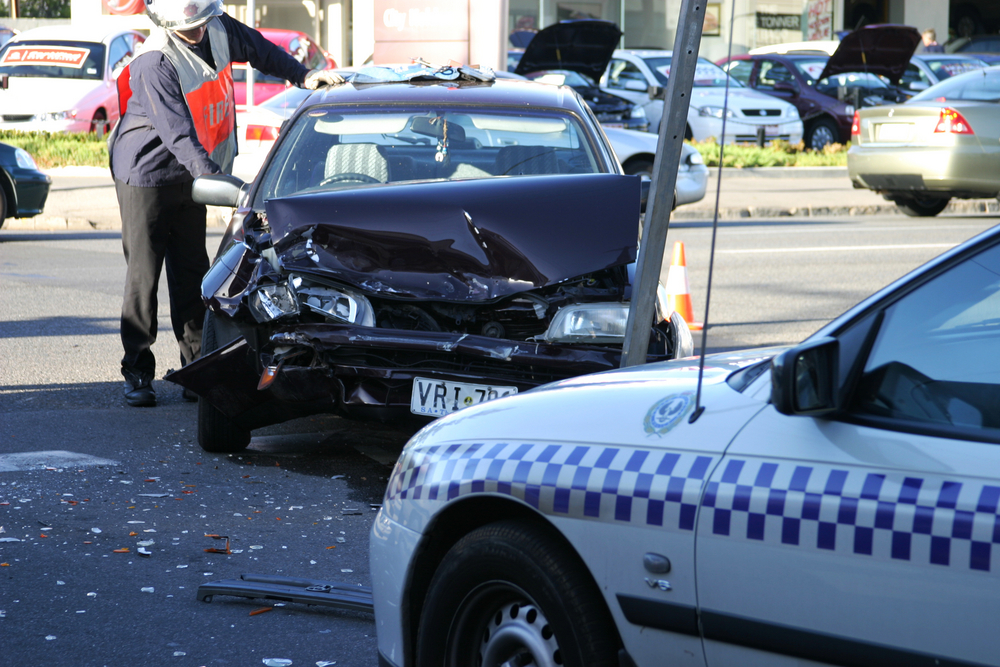
According to the Road Safety Commision, drivers who look at their phones while driving are three times more likely to be involved in a crash than those who don’t, and answering a hand-held phone while driving is even more dangerous at 4 times the likelihood.
For example, if you’re travelling down the highway at 60km/hr, looking down at your phone for a mere 2 seconds means you’re driving blind for over 33 metres. A lot can happen in 2 seconds – and 33 metres away, in a constantly changing and evolving traffic situation – just checking a text or changing a song can be a recipe for disaster.
Travelling down the freeway at 100km/hr and this distance increases to over 55.5 metres in just 2 seconds.
What is the Western Australia mobile phone driving law?
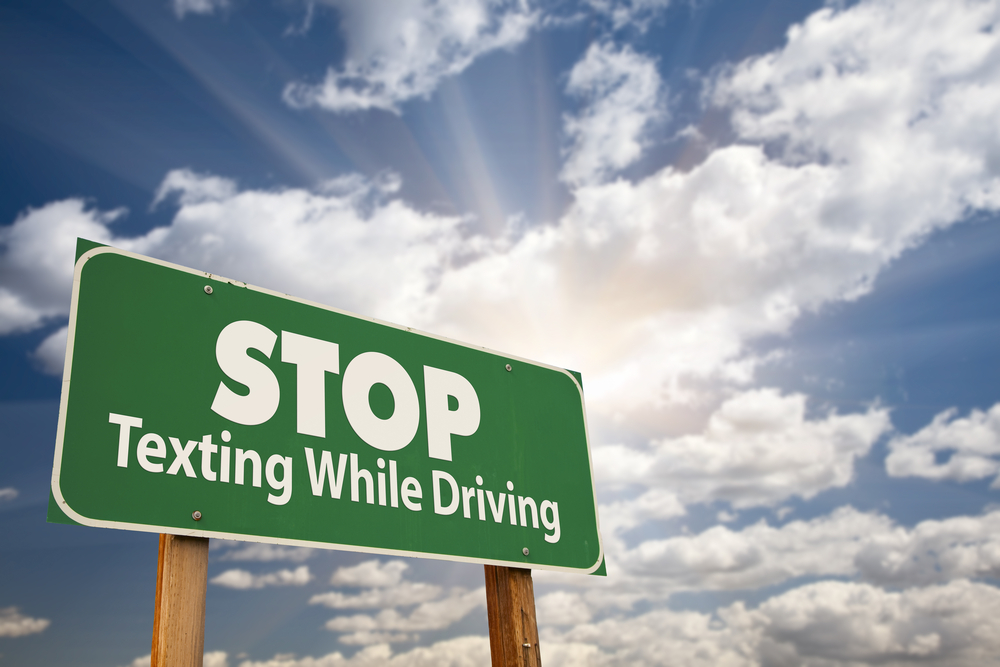
In Western Australia, the laws have been updated as of September 2020 to reflect the growing risk mobile phone use poses to drivers and pedestrians on our roads.
In 2020, the authorities increased the penalties associated with the illegal use of mobile phones while driving under the revised Road Traffic Code 2000. As such, the penalties have been increased to $500 and 3 demerit points during the non-holiday period, and 6 demerit points during the nominated holiday period.
When you touch your mobile device or rest it anywhere on the driver’s body while it’s not mounted in a cradle to make, receive or end a call. The penalty is a $1000 penalty, 4 demerit points
Do double-demerits still apply to these penalties?

Yes. If you use up all your demerit points you will receive an Excessive Demerit Points Notice (EDPN) which gives you two options:
- Observe a licence suspension period (usually between 3 and 5 months) depending on the number of demerit points accrued.
- Observe a 12 month “good behaviour” period where if you avoid further demerits, fines or offences you may keep your licence. Alternatively, you face suspension with your points being doubled. This ‘double or nothing’ option must be selected within 3 weeks of receiving the initial EDPN.
So what does “using” my phone actually mean?
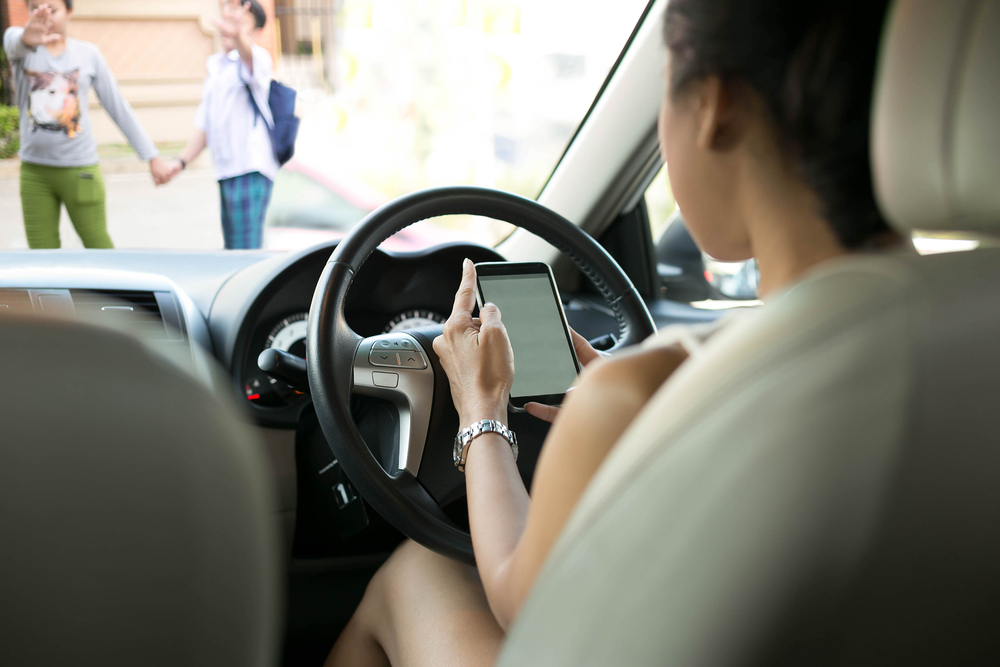
The law states that a driver is ‘using’ a phone if he or her:
- Holds the phone;
- enters or places anything into the phone, or send or look at anything that is in the phone;
- turns the phone on or off;
- operates any other function of the phone.
Can I still listen to music while driving?
Yes, you can. But you cannot touch your phone in any way at any time while the car is moving, or is stationary but not parked. Make sure you select your music before you start driving. It is possible to use the hands-free function, the controls on the steering wheel, or voice control to change the song and operate other controls like volume or playlist selection.
What about navigation – can I still use my phone?
Yes, it’s possible to use the navigation function on your phone. However, you cannot touch, change, or alter the route while driving. This includes touching the phone at the start or end of the trip.
The law requires drivers to have the phone secured in a mounting affixed to the vehicle while it is being used for navigation purposes.
Can I answer and make calls while driving?
You can use your phone for calls while driving as long as you do not actually touch your phone in any way – even having it on your lap is illegal. You must have it mounted to the vehicle and operate the entire call using hands-free technology or Bluetooth.
Can I send a text message using Siri/hands-free?
No, you cannot. Dictating texts or emails would constitute ‘creating’ or ‘sending’ a text message. Always remember to stop and park your car before you start creating or sending any written messages – no matter when or how you wrote them. If you stop your car to send a message, make sure you are parked before you touch or use your phone to send a text message.
Can I touch my phone at traffic lights?
No, it’s illegal to touch or use your phone – even if you’re sitting stationary at traffic lights. The same penalties apply – for any stationary vehicle where the engine is still running and not parked.
Can I ride a bike or motorcycle and use my phone?
The exact same laws apply to anyone riding a bike or motorcycle. The penalties are also the same, except for cyclists, who are unable to receive demerit points for offences involving mobile phone usage.
What are my rights when it comes to phone usage and the law?
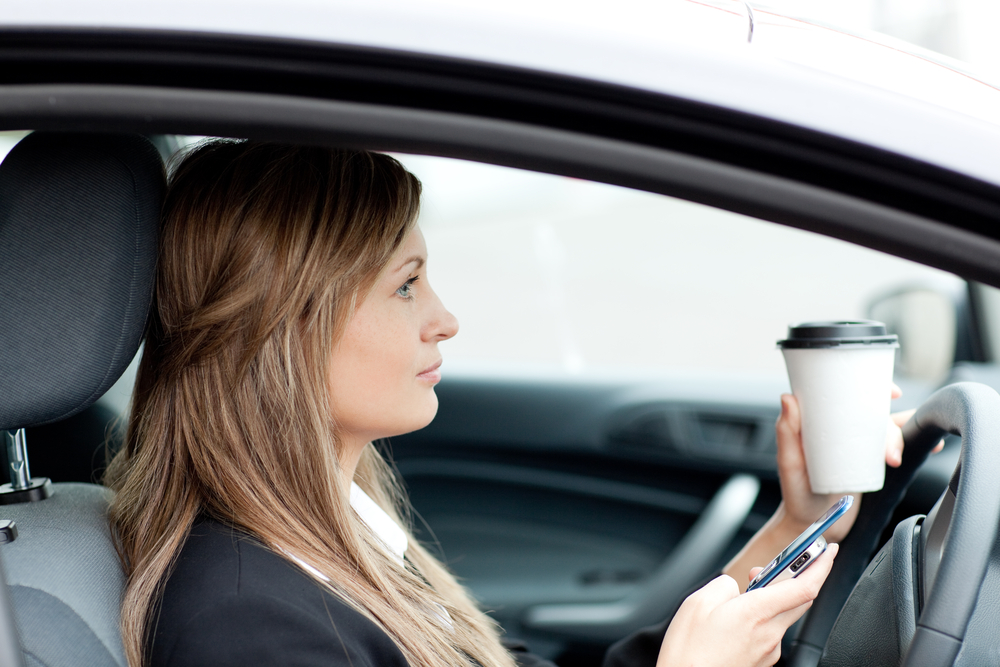
It’s important to know your rights – whenever you come into contact with the law and its officers.
If you are pulled over by the WA police – it’s a protocol to always give your name, address, and date of birth when asked, and provide them with your driver’s licence if necessary. However, you needn’t answer anything more.
Get legal help today
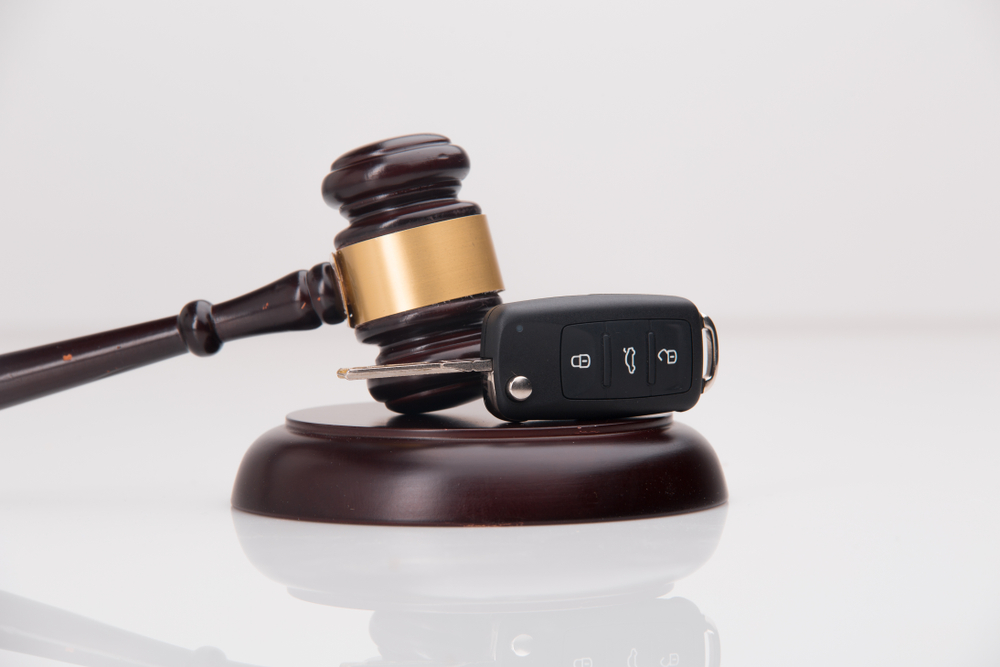
Going to court for using a mobile phone while driving can turn into a serious legal matter.
WN Legal are your experienced team of criminal defence lawyers Perth. We stand ready to assist you with expert legal advice tailored to your circumstances and deliver the best result possible. Western Australia mobile phone driving law can be tough to navigate – especially being a new law. It’s therefore important that your rights are protected.
As one of Perth’s top boutique law firms, we give our clients personalised, and competent defence, both inside and outside the courts.
Call our offices today, or book a free initial 30-minute consultation with our team. Our criminal defence and traffic lawyers here to help.
Readers of this website should contact their attorney for advice on any particular legal matter. Only your attorney can provide assurances that the information contained herein and your interpretation of it are applicable or appropriate to your situation. No reader, user, or browser of this site should act or refrain from acting based on information on this site without first seeking legal advice from counsel in the relevant jurisdiction. Use of, and access to, this website or any of the links or resources contained within the site do not create an attorney-client relationship between the reader, user, or browser and website authors, contributors, contributing law firms, or committee members and their respective employers.







